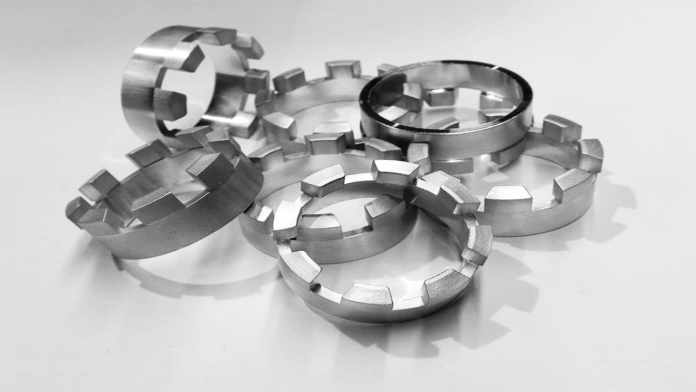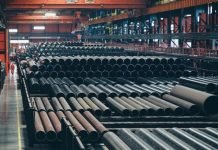Aluminum is a versatile material known for its strength, durability, and lightweight properties. When it comes to aluminum alloys, two of the most popular options are 6061 and 7075. While both are strong and robust, there are differences between the two. Understanding these differences is essential to determine which alloy to use for your specific application.
In this blog post, we’ll explore the differences between aluminum 6061 vs 7075.
Chemical Composition:
The primary 6061 vs 7075 difference is their chemical composition. Aluminum 6061 contains magnesium and silicon, making it more corrosion resistant but softer and easier to work with. On the other hand, aluminum 7075 contains zinc, which makes it harder and more brittle but less resistant to corrosion. Because of its hardness, 7075 is often used for high-stress applications such as aerospace and defense.
Strength and Durability:
Aluminum 7075 has a higher ultimate tensile strength than 6061, making it ideal for structural applications that require high-strength materials. However, 6061 offers better resistance to corrosion and is more easily formed and welded, making it a better choice for complex designs. When it comes to fatigue resistance, 7075 is the preferred choice since it has a longer lifespan under repeated loading.
Availability and Cost:
Aluminum 6061 is more widely available and is less expensive than 7075, making it an ideal option for general-purpose applications that require a reliable, cost-effective material. However, if the application requires a high-strength material, 7075 is a better choice, even though it is more expensive.
Application:
The differences between these two alloys make them suitable for different applications. Aluminum 6061 is commonly used in the automotive, aerospace, marine, and bicycle industries. It is preferred for lightweight, durable, and corrosion-resistant applications such as frame construction. On the other hand, aluminum 7075 is favored for high-stress applications such as aircraft fuselage, gun frames, and bike frames.
Which is Better for CNC Machine Project?
Both 6061 and Aluminum 7075 have their own unique properties and applications. Here are some key points to consider:
Strength:
Aluminum 7075 has a higher yield strength and ultimate tensile strength compared to Aluminum 6061. This makes 7075 better suited for applications where high strength is required, such as aerospace and military components.
Weight:
Aluminum 7075 is slightly denser than Aluminum 6061, resulting in a higher weight per unit volume. If weight is a critical factor, Aluminum 6061 may be a better choice, as it offers a good balance of strength and weight.
Formability:
Aluminum 6061 is easier to form and manipulate due to its lower tensile strength compared to Aluminum 7075. This makes 6061 more suitable for applications that require complex shapes or bending.
Availability:
Aluminum 6061 is more readily available and commonly used in various industries. It is widely stocked by suppliers and manufacturers, making it more accessible and cost-effective compared to Aluminum 7075.
Conclusion:
Both aluminum 6061 and 7075 have their advantages and disadvantages, making them suitable for different use cases. While 6061 is more abundant and easier to work with, 7075 is stronger and more durable. Understanding the differences between the two is essential for choosing the right material for your specific application. Whether you need a material that is strong, lightweight, or corrosion-resistant, there’s an aluminum alloy that will meet your needs.










